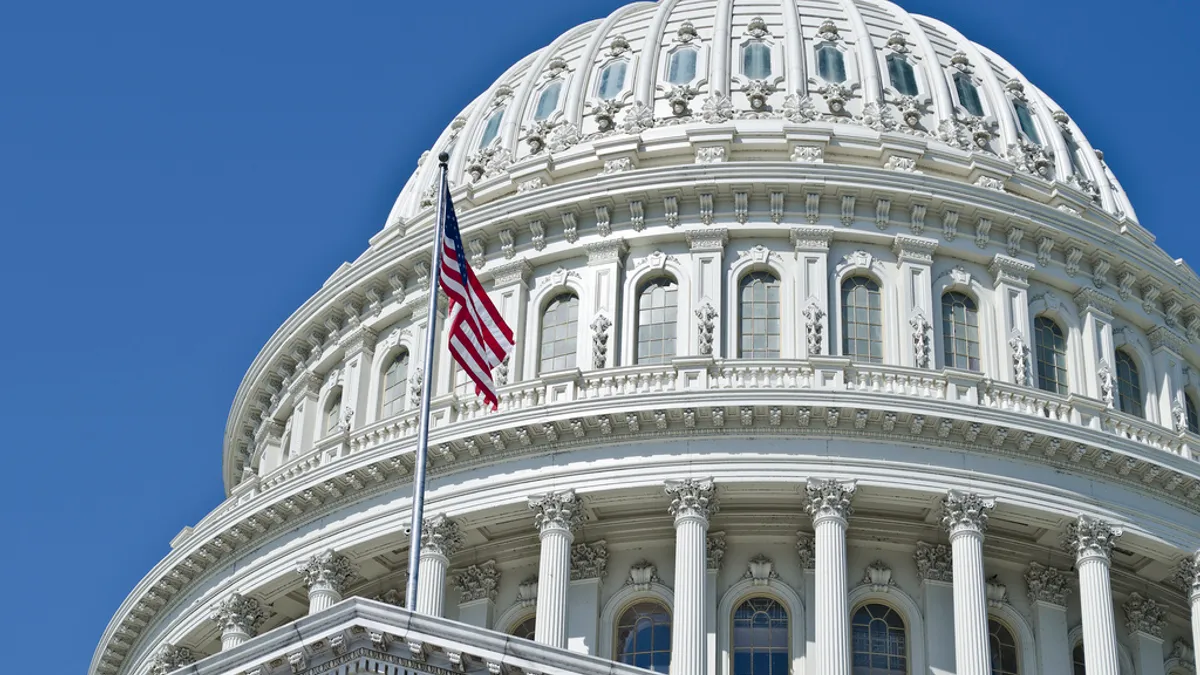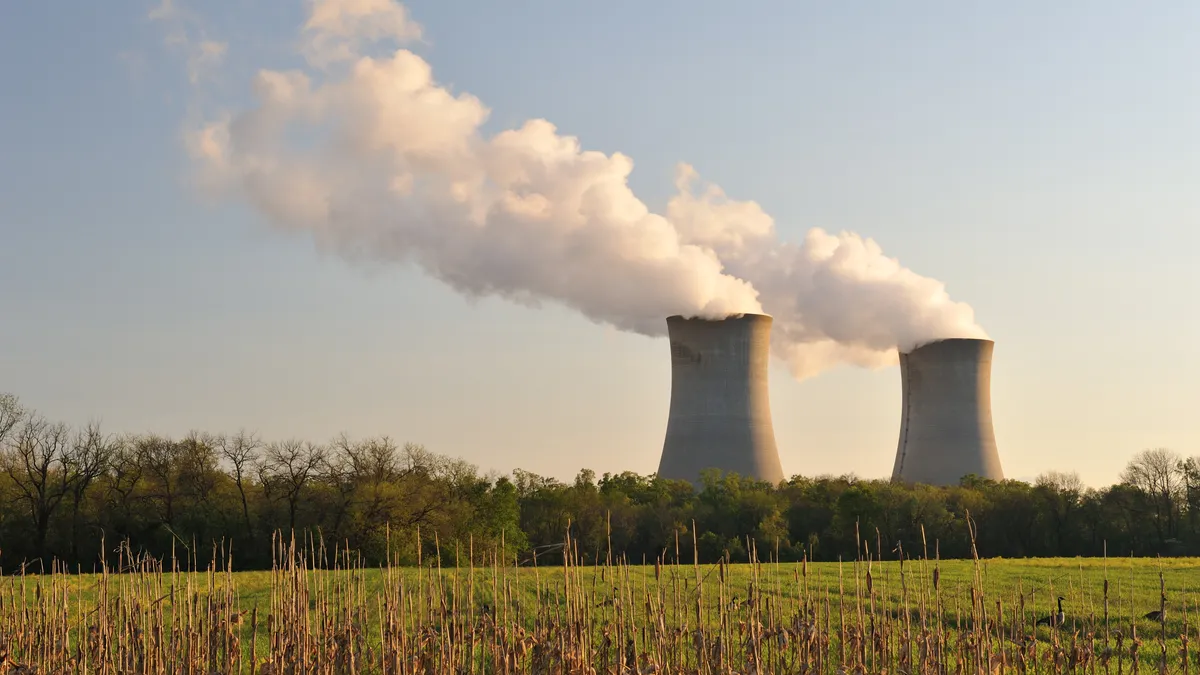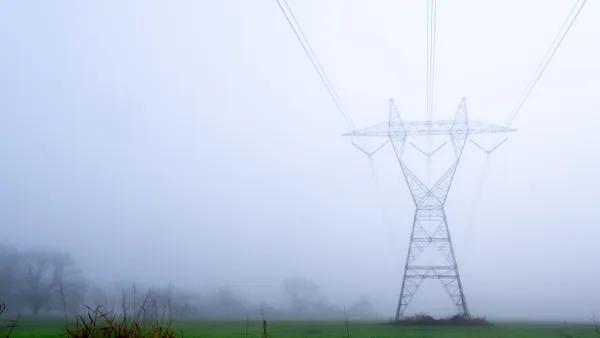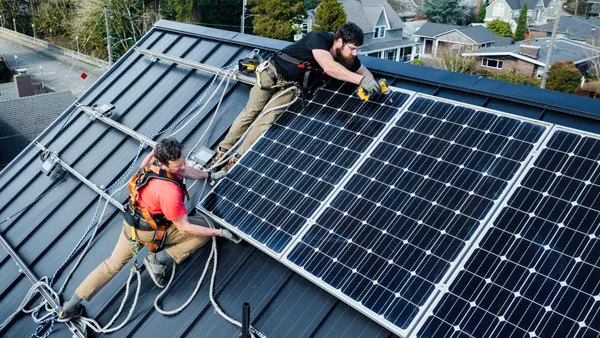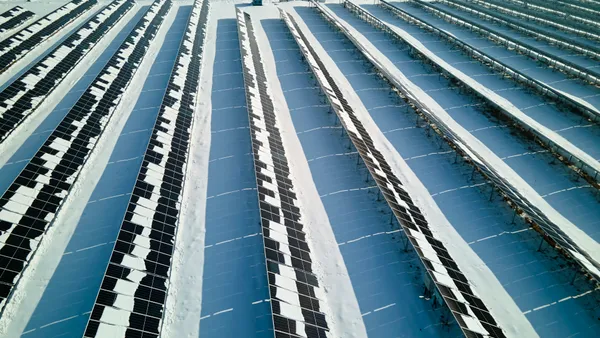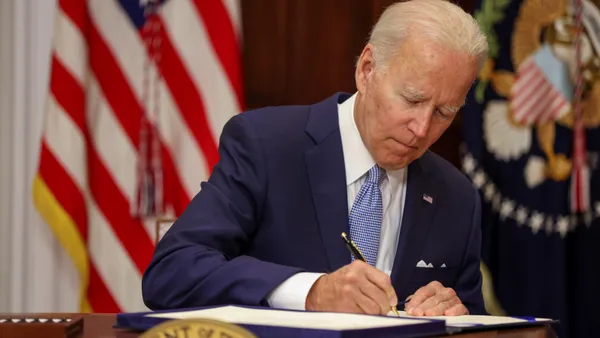Dive Brief:
- Just two weeks from Congress adjourning for the year, lawmakers are still working to merge energy bills in the House and Senate into one piece of legislation that could be approved by President Obama, SNL Energy reports.
- Leadership in the Senate Energy and Natural Resources Committee have indicated they reviewed the House's energy bill conference report, opting to restore some provisions that had been removed before sending back a new proposal.
- The Energy Policy Modernization Act of 2015 would be the first bipartisan energy bill in almost a decade, but the House and Senate versions have been split by controversial provisions and the White House has previously threatened a veto.
Dive Insight:
Lawmakers are not giving up on energy legislation, though time is running out for this session. Congress expects to adjourn on Dec. 16, but despite dwindling time, a joint Senate Energy and Natural Resources Committee statement last week indicates work is progressing.
U.S. Sens. Lisa Murkowski, R-Alaska, chairman of committee, and Maria Cantwell, D-Wash., the committee’s ranking member, issued a joint statement outlining work that has been done.
“While neither of us supports every provision in this proposal, it is the result of good faith bipartisan negotiations, it encompasses the broad range of work that can be completed this year, and it balances competing preferences for energy and resource policy that will remain just as strong in the next Congress," they wrote.
The two said that earlier this month they received a "counteroffer on the energy bill conference report from our House colleagues."
After reviewing, they responded on Nov. 25 with a new offer that restored several provisions that the House was prepared to drop, including those related to LNG exports, hydropower, natural gas pipelines and the carbon benefits of biomass.
Arvin Ganesan, vice president of federal policy for Advanced Energy Economy, a clean energy trade group, has said he doesn't think a large energy bill will pass but if lawmakers can pare it down to something uncontroversial there is a chance.
"It's unlikely the energy bill as we know it moves in the lame duck session," he told Utility Dive. There are chances for a "smaller, less controversial bill," but Ganesan said "structurally, odds are against movement. Both Democrats and Republicans would argue that isn't the bill they would have written."



